★★ | The magic has run out
When the reimagined SABRINA burst on the scene in 2018, it was a surprisingly sharp, if Hot-Topic-infused new take on the young adult classic. While not original and certainly not as daring as it hoped, SABRINA bounced along thanks to a winning cast and some suitably fun scares for the first ten episodes.
But returning after a year-long hiatus, it was clear that whatever the original mission statement was, SABRINA wasn’t going to follow through on it. While some subversive elements remained, the series felt more comfortable embracing soap opera tropes, dated genre conventions, and a generally dour will-they-or-won’t-they melodrama well beneath its status.
Now, as the finale arrives on Netflix on December 31st, SABRINA comes to a close with a dull and lifeless ending barely reminiscent of the initial fresh air it once carried.
After the nearly cataclysmic events of season 3, which saw Sabrina split into two entities, one ruling hell, the other continuing an everyday life on Earth, Greendale has returned to unexpected normalcy. Everyone seems to have moved on without issue, leaving Sabrina, ever desperate for the spotlight, to cry out for attention. Naturally, all her attempts go awry in some way, leading to forced drama and undeserved forgiveness. When Father Blackwood returns to the fray, bringing with him the Eldritch horrors, it turns out that Sabrina might finally have to grow up once and for all.
The first few episodes are hugely promising. We’re back to decent scares, there’s delightful body horror, and Sabrina’s aunts, Zelda and Hilda, finally get something meaningful to do. They’ve always been the show’s MVP’s, and constantly sidelined for much of the middle seasons into dry and vacuous roles. The incredible pairing of Miranda Otto and Lucy Davis works wonders, and there isn’t a single moment the series doesn’t soar when they’re on-screen.
The returning players, Chance Perdomo, Michelle Gomez, and Richard Coyle as Ambrose, Madam Satan, and Father Blackwood, are equally delicious. Perdomo channels wiry and anxious energy into Ambrose, while imbuing the part with a gentle charisma that grounds the ludicrous dialog in a way that feels entirely natural. Gomez and Coyle are equally impressive, the former especially bringing her A-game as the campy-yet-terrifying first lady of Hell. Coyle finally gets to ham it up as the evil Father Blackwood, especially in a season highlight, where his wishes for world domination gain traction in surprising new ways.
Sadly, it’s the main cast that falters. Kiernan Shipka is a talented and delightfully charming actor who, for the most part, carries the leading role effortlessly. It’s the script that continues to fail her. Sabrina never grows, never learns, and remains the same character since the first season, leading the series into a viciously dull cycle of repetition once more. The series also refuses to acknowledge this, treating Sabrina like a special and unique snowflake at every turn, even as it directly costs people’s lives.
Sadly, Sabrina’s sidekicks: Harvey, Roz, and Theo, feel like after-thoughts. While each of them, in theory, has the capacity for interesting storylines, the series forgets them until they’re necessary to make a point. In particular, the talented Lachlan Watson is at a disservice, as the series defines them entirely by their gender instead of who they are. Queer characters, once again, are never allowed happiness.
Likewise, in an attempt to bring her character more to the forefront, Roz becomes defined by what she can’t be rather than what she is. There are elements here of a stronger, more nuanced conversation to be found, but it’s something that should have started two seasons ago in a far more thorough and impactful way.
The problem is that SABRINA interest isn’t in what these characters or themes mean, only how they look. Visually the series remains fun and gorgeous, with impeccable set design throughout. But they’re in service of nothing more than a luscious screencap or GIF. Moments are undeniably scintillating, even if Sabrina’s sexualization is more uncomfortable than anything else. There’s an almost admirable insistence on things not carrying weight, be it the end of the world or the disintegration of relationships. Which in itself is not an issue, if only it’s addressed in the narrative.
But SABRINA ignores everything that isn’t right in front of our titular heroine, and often even those things are sidelined. By now, she’s like a racehorse, galloping towards the promise of sex and unconditional teenage love while the world collapses. In that, the final season becomes a weird circus act, finally allowing itself to break loose with wild and wacky concept episodes, only for them to mean nothing.
At its best, Sabrina’s final outing is riveting and inventive, like throwing the Spellman’s into a time vortex where thinly veiled Nazi’s have taken over the world or an alternate reality where the past and present become one. There’s even a heavy-handed matriarchal overtone that comes to a head in a stupendously clunky finale. It’s a grand idea that the series would have done well to explore at length, but its presentation is as shallow as its minority characters. It is there to showcase that they thought of it, not what it signifies.
This is emblematic of the series as a whole. It carries dozens of great ideas filled with good intentions, each worthy of prime time adoration. But because of its hurried pace and frantic desire to please a cynically selected focus group, SABRINA loses the elements that make it unique. So when the end comes crashing in, it feels unearned, uninteresting, and unfinished, like a season finale to something midway in production without a clear ending in sight.
Frankly, the Spellman’s deserved better.


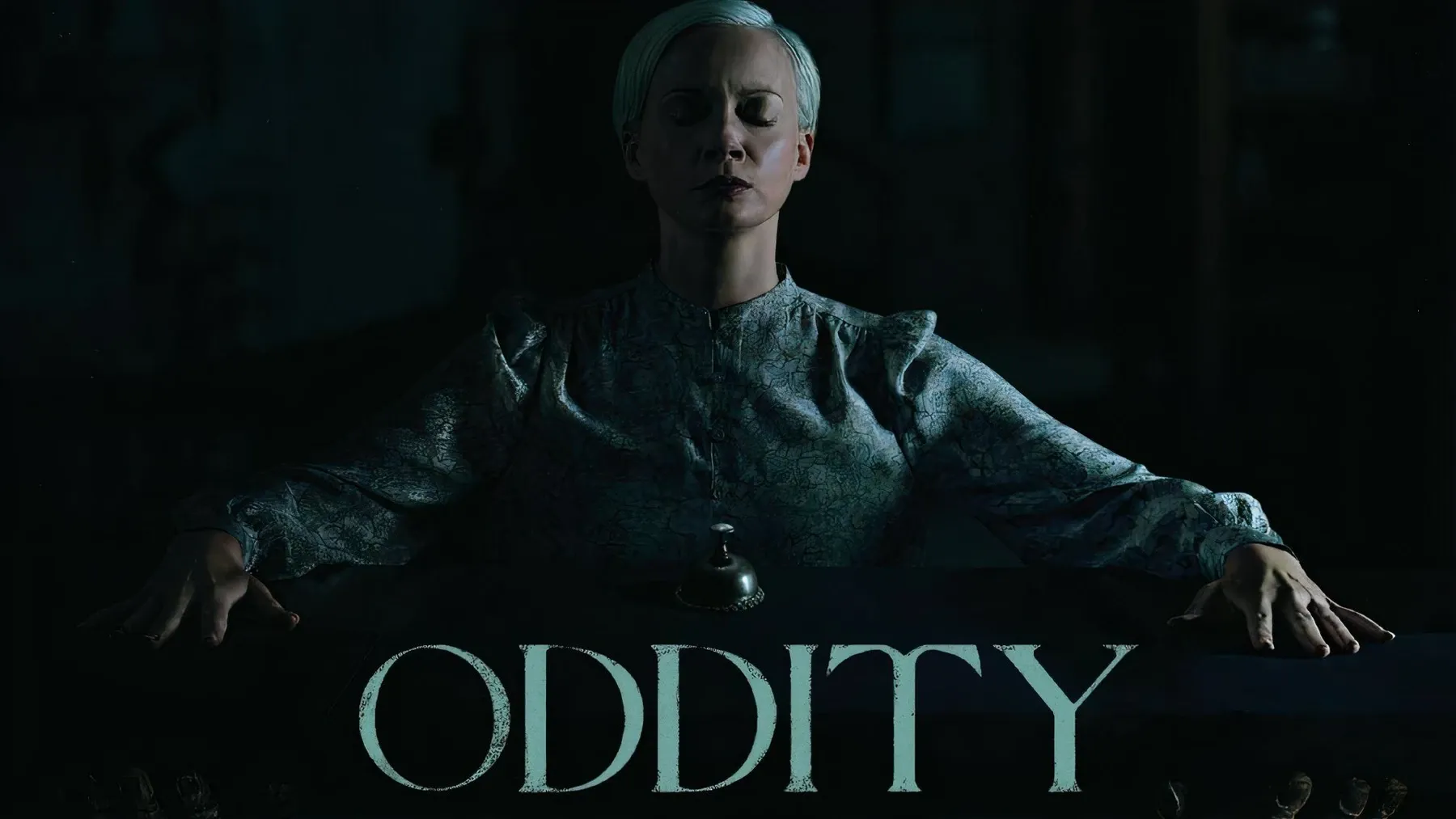
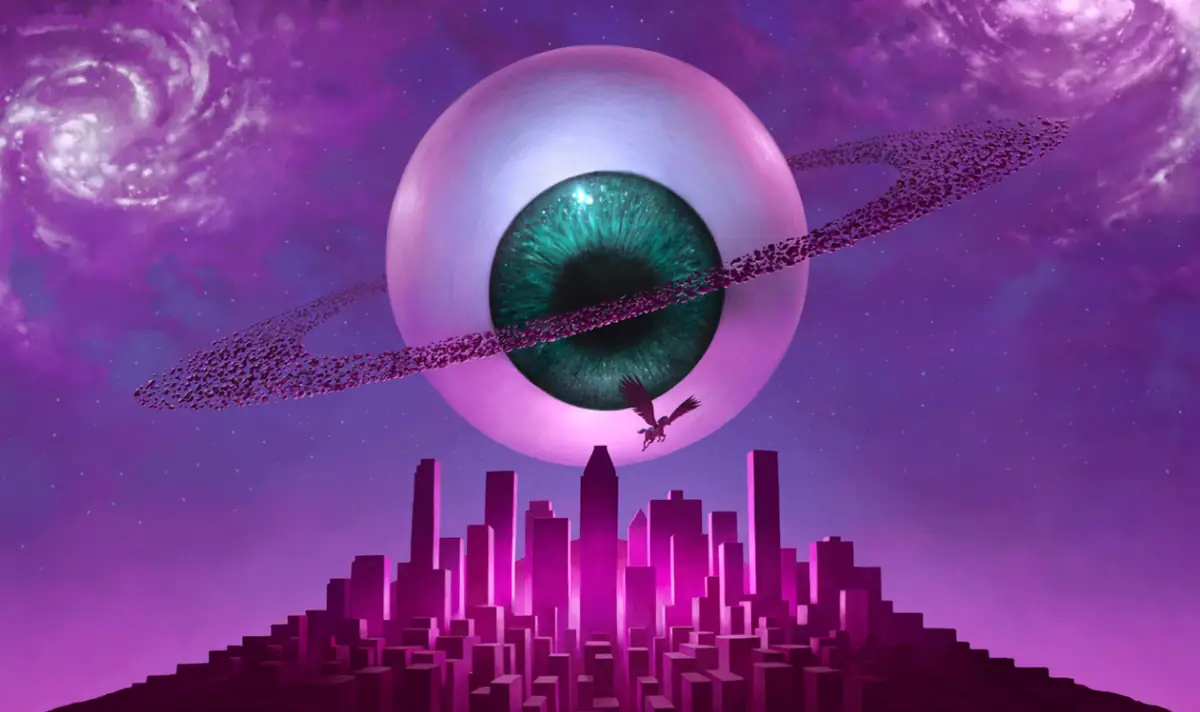
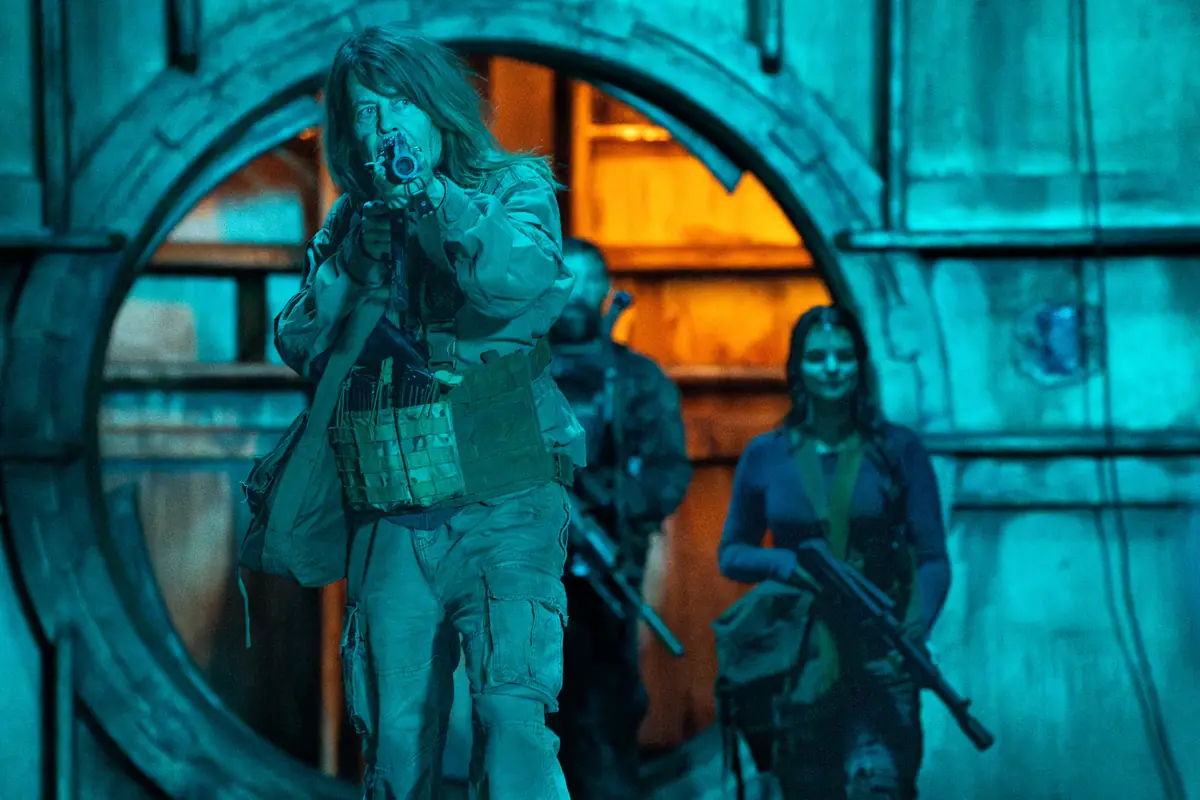

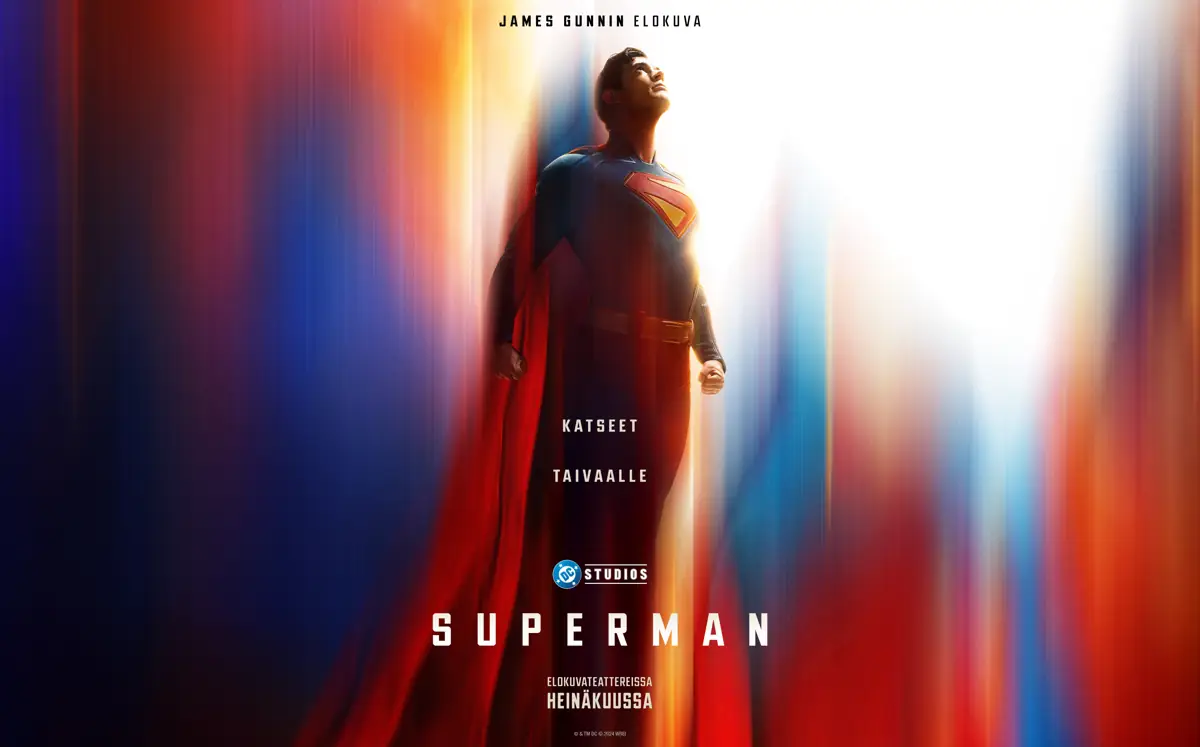

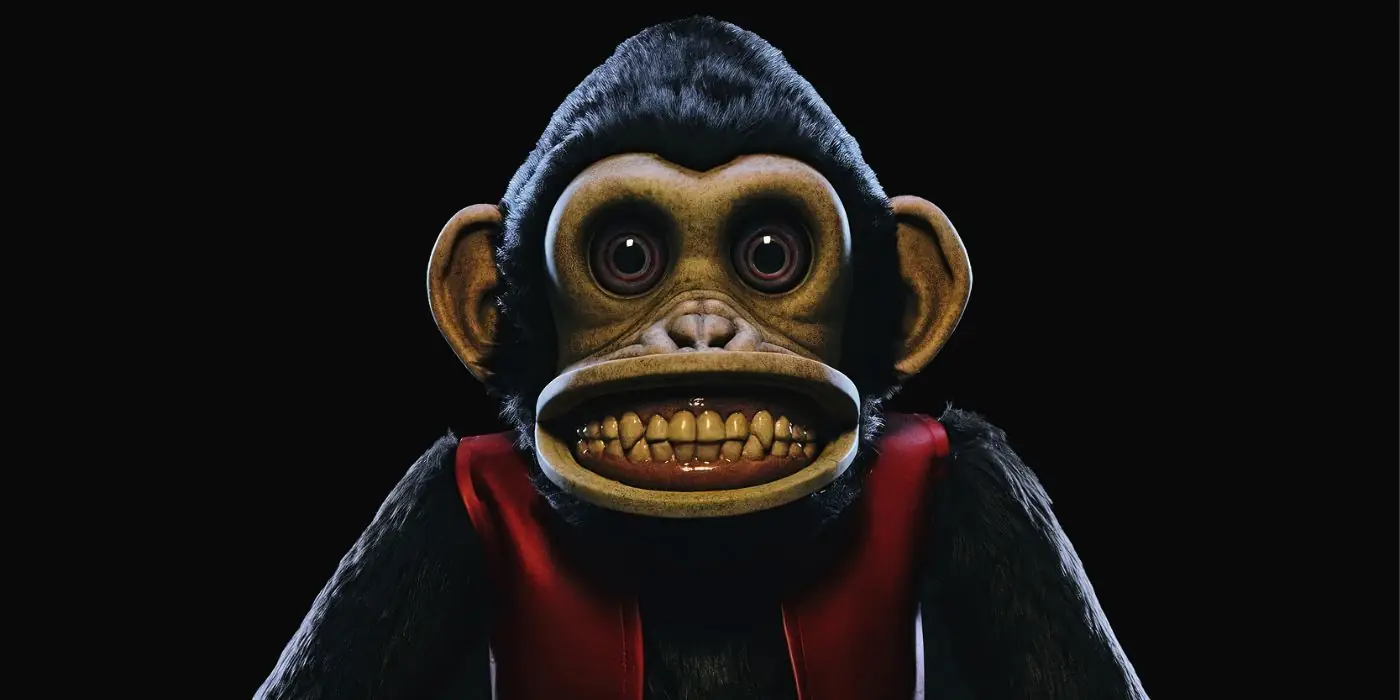
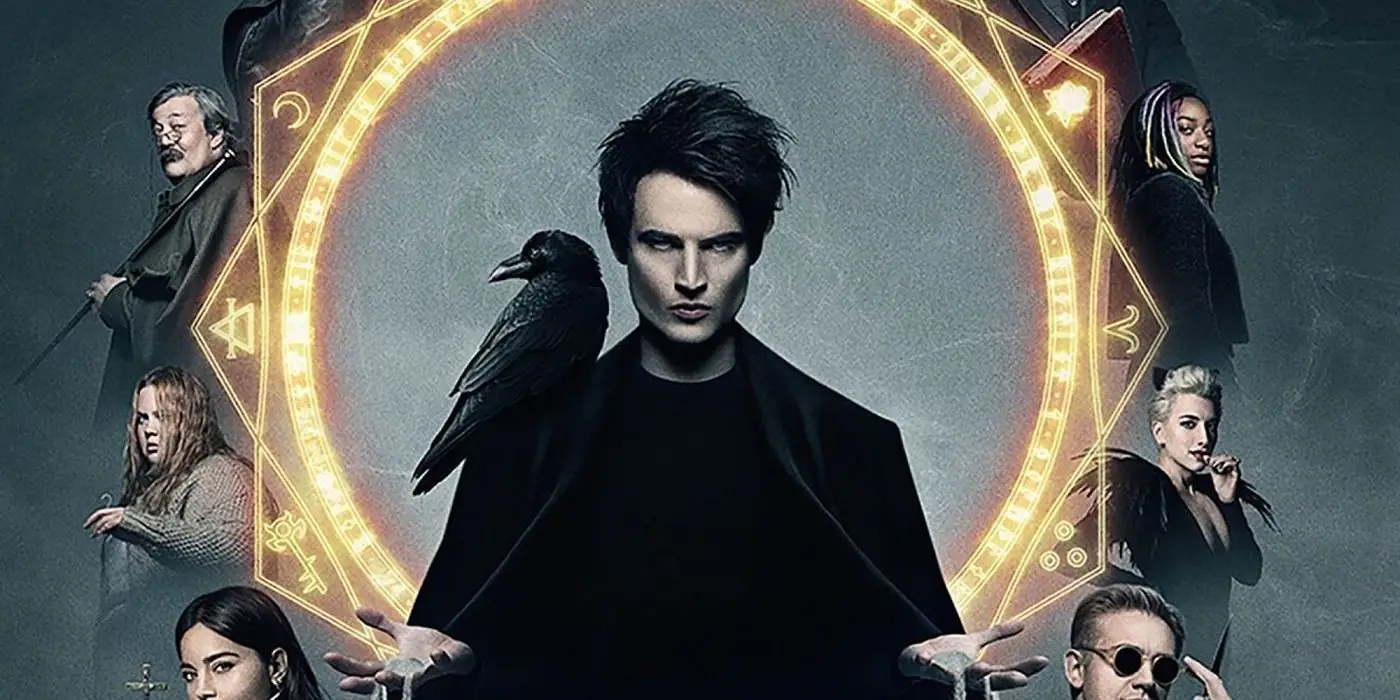
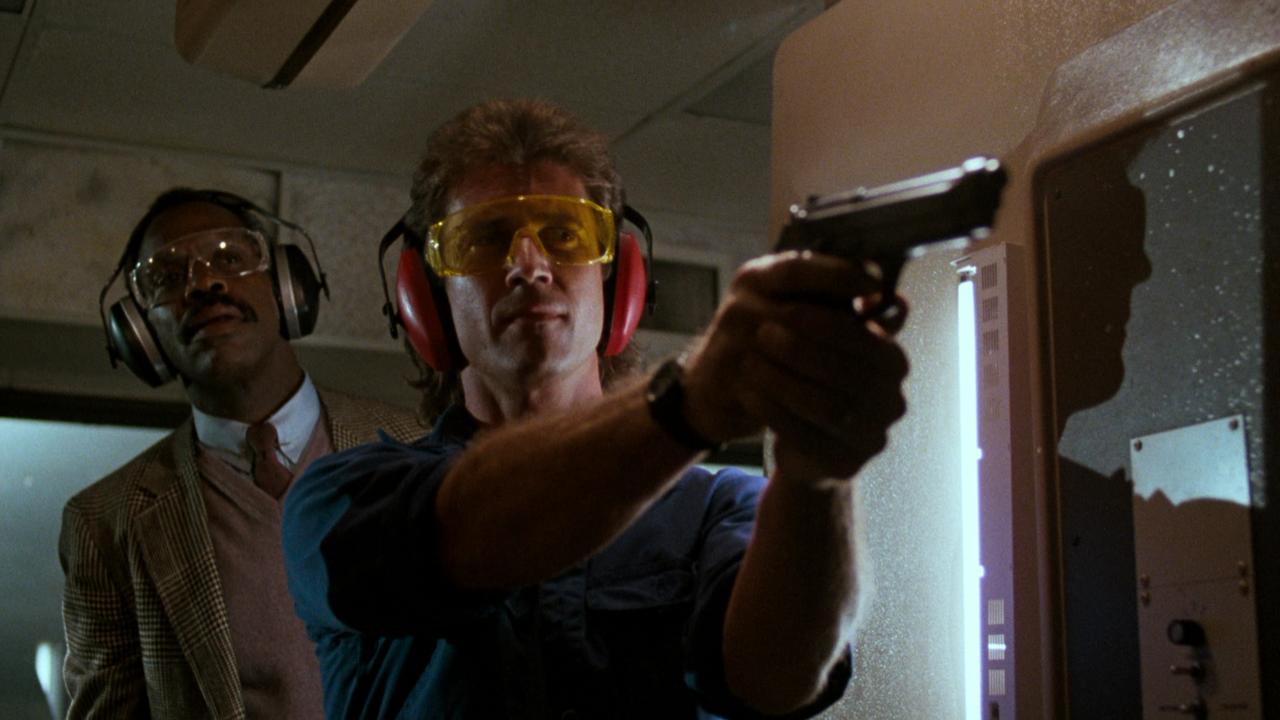


Discussion